Understanding HER2 in Breast Cancer

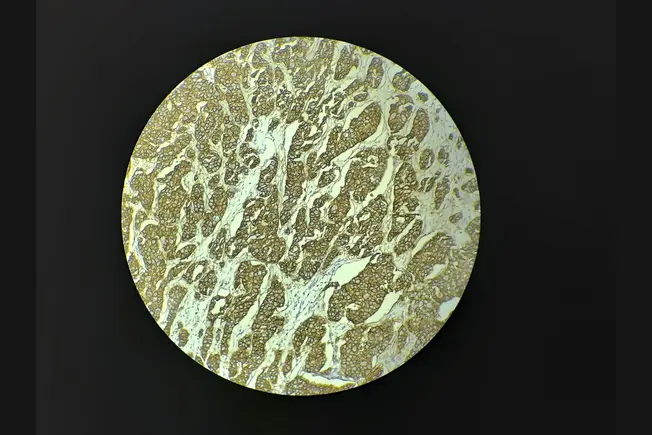
Understanding HER2 in Breast Cancer
HER2-negative (HER−) and HER2-positive (HER+) are types of breast cancer that share some things in common but have plenty of differences, too. Which kind you have can affect the treatment you get. HER2, or human epidermal growth factor receptor 2, is a protein that promotes the growth of cancer cells. Breast cancers are classified as either HER2+ or HER2− based on the amount of HER2 protein present.
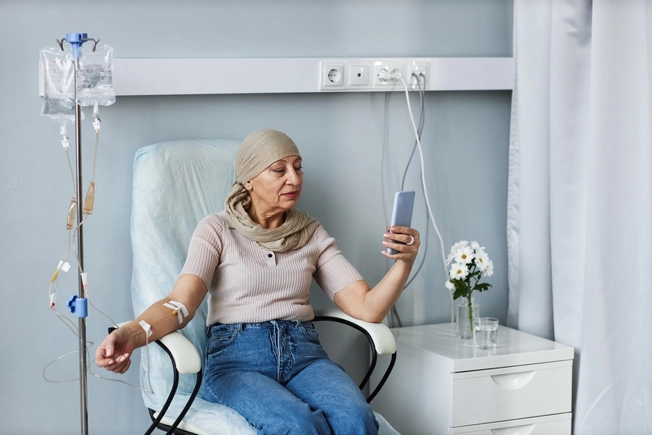
How HER2 Affects Treatment
Treatment for breast cancer depends in part on the stage and type. It typically includes some combination of surgery, radiation, chemotherapy, or other drugs. These other drug therapies depend partly on whether your cancer is HER2+. In that case, your doctor may recommend drug therapies that attack the HER2 protein.
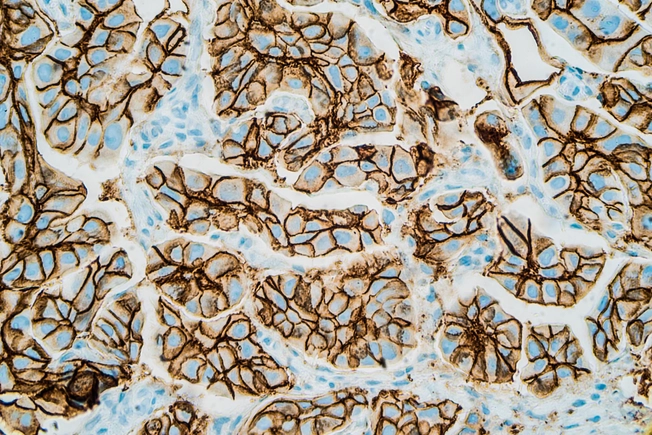
HER2-Positive Breast Cancer
About 20% of breast cancers are HER2+ cancers. This type tends to grow and spread more quickly than HER2− cancers. But HER2+ breast cancers respond well to newer, targeted therapies. These therapies may be used alongside chemotherapy, radiation, or surgery.
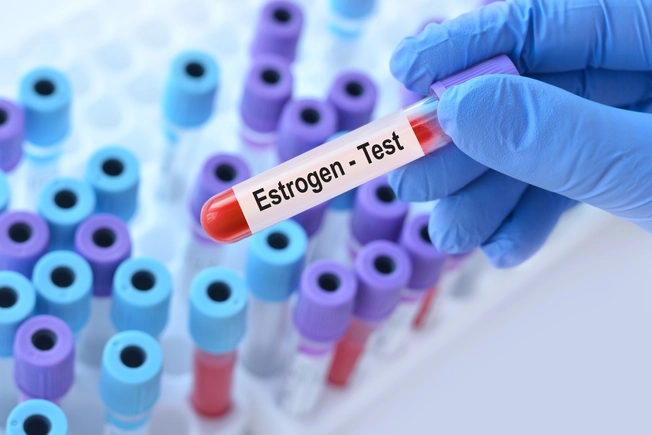
HER2-Negative Breast Cancer
HER2− breast cancers don't overproduce the HER2 protein. This type makes up about 80% of breast cancers and tends to be less aggressive than HER2+ cancers. If you have HER2− breast cancer, your doctor will test for estrogen and progesterone receptors. This information helps determine if hormone therapy might work for you.
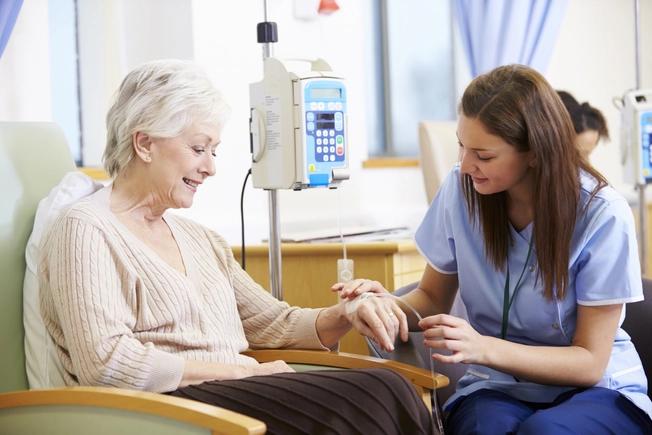
Treating HER2-Negative Breast Cancer
Hormone receptor-positive cancers may be treated with hormone therapy to block estrogen's effects. Triple-negative breast cancers typically require chemotherapy. Surgery and radiation are often part of the treatment plan for both types.
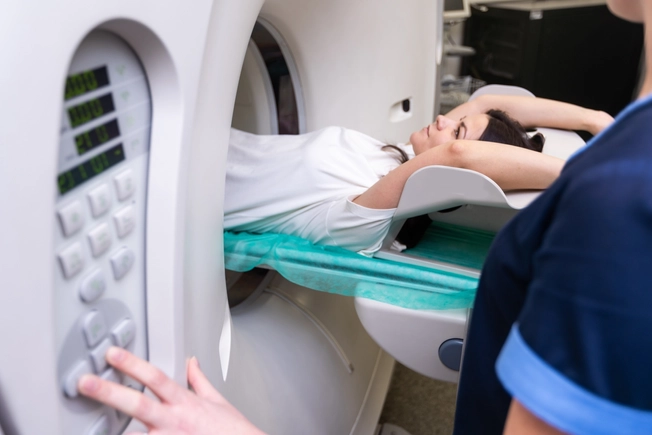
Outlook for HER2 Breast Cancer
Whether breast cancer is cured or goes into remission depends on many factors, including HER2 status. HER2+ cancers tend to spread easily and grow more quickly, but HER2-targeted therapies have significantly improved survival rates. HER2− cancers grow more slowly, especially if they're also hormone receptor-positive. But each person's situation is unique. Many factors, such as cancer stage, grade, and your overall health, play important roles in the outcome.
PHOTO CREDENTIALS
Slide 1 - Ozie189/Shutterstock
Slide 2 - SeventyFour/Shutterstock
Slide 3 - David A Litman/Shutterstock
Slide 4 - StanislavSukhin/Shutterstock
Slide 5 - Monkey Business Images/Shutterstock
Slide 6 - Andrew Angelov/Shutterstock
SOURCES
American Cancer Society: "Targeted Therapy for Breast Cancer," "Treatment of Breast Cancer by Stage," "Breast Cancer Grades," "Survival Rates for Breast Cancer," "Breast Cancer HER2 Status," "Treatment of Triple-negative Breast Cancer," "Triple-negative Breast Cancer."
American Joint Committee on Cancer: "Physician to Physician AJCC 8th Edition Breast."
American Society of Clinical Oncology: "Breast Cancer - Metastatic: Statistics."
Breastcancer.org: "HER2 Status," "Breast Cancer Stages."
Mayo Clinic: "HER2-positive breast cancer: What is it?" "Breast cancer types: What your type means," "HER2-positive breast cancer: What is it?"
University of Rochester Medical Center: "Breast Cancer: Grades and Stages."
National Comprehensive Cancer Network: "Breast Cancer Invasive."
National Cancer Institute Surveillance, Epidemiology, and End Results Program: "Cancer Stat Facts: Female Breast Cancer Subtypes."
National Cancer Institute: "HER2 positive."
UpToDate: "Deciding when to use adjuvant chemotherapy for hormone receptor-positive, HER2-negative breast cancer."